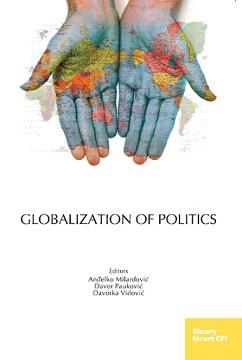Globalization and its Influence on Democratic Development of Post-Communist Societies
Globalization and its Influence on Democratic Development of Post-Communist Societies
Author(s): Pero Maldini
Subject(s): Governance, Government/Political systems, Developing nations, Post-Communist Transformation, Sociology of Politics, Globalization
Published by: Centar za politološka istraživanja
Summary/Abstract: Globalization is a broad concept and a complex social phenomenon which is very difficult to determine precisely. However, it might be said that it is primarily a process of economic, and then of a general connectivity of various societies and states, by which, historically, a new type of their multifold mutual interconnections and interferences is established. Although it is originally an economic concept (global economy, world market, economic integrations, international relations, etc), globalization should be understood primarily as a direct or indirect influence (not only economic, but also cultural, political and social) of the most powerful world societies on all of the others. Therefore, globalization implies the spreading and interpolation of the same or similar social structures, forms, values and norms into other social areas. That also implies mutual influence and mixture of elements of different cultures. That influence and mixture don’t go one way, (although there is dominance of the developed societies over undeveloped ones).
Book: Globalization of Politics
- Page Range: 193-217
- Page Count: 25
- Publication Year: 2008
- Language: English
- Content File-PDF

